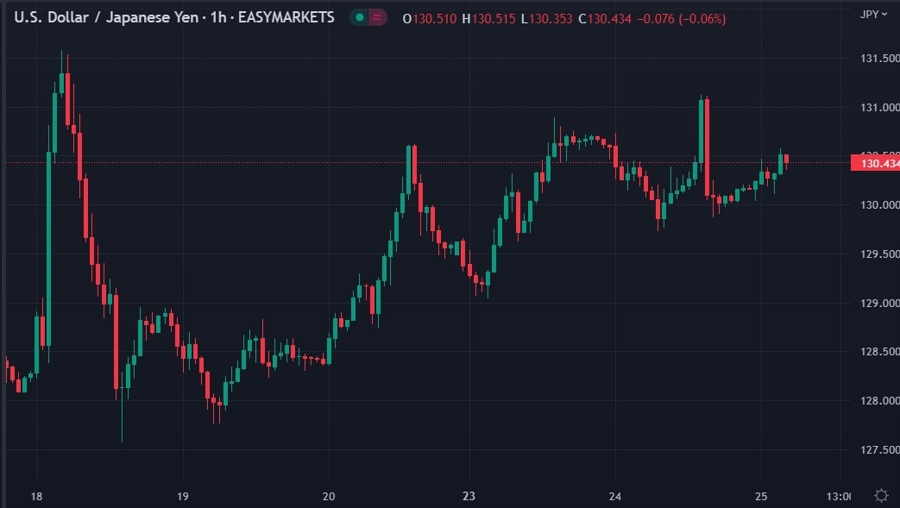Changes Coming to Bank of Japan’s Monetary Policy
Eiji Maeda’s Prediction
Former executive director in charge of monetary policy during the pandemic (and also once head economist at the Bank) Eiji Maeda says the Bank of Japan will trim back measures within 6 months of getting a new Gorvenor in April.
Maeda’s statement to Bloomberg suggests that the BOJ is likely to make adjustments to its policies in the near future. He mentioned, “It’s more likely than not that the BOJ will take steps within the first six months of a new governorship.”
Possible Changes Ahead
If the BOJ does decide to trim back measures, it could signify a shift in the central bank’s approach to monetary policy. One of the key tools that may be affected is the Yield Curve Control (YCC) and negative interest rates.
Maeda also indicated that the bank might continue with other measures to support the economy, even if YCC and negative interest rates are phased out.
Impact on Individuals
For individuals, any changes in the Bank of Japan’s monetary policy could have a ripple effect on the overall economy. Interest rates, exchange rates, and inflation rates are all influenced by central bank decisions, which in turn impact people’s purchasing power, savings, and investments.
It is essential for individuals to stay informed about any upcoming policy changes and adapt their financial strategies accordingly.
Global Implications
Changes in the monetary policy of the Bank of Japan can also have global implications. Japan is a major player in the global economy, and any shifts in its policy can affect international markets, trade, and investment flows.
Investors and policymakers around the world will be closely watching how the BOJ’s decisions unfold and preparing for any potential spillover effects on the global economy.
Conclusion
As Eiji Maeda’s prediction suggests, the Bank of Japan may be on the verge of making significant changes to its monetary policy in the near future. These changes could impact individuals, businesses, and economies worldwide.
It is crucial for stakeholders to stay informed, monitor developments closely, and be prepared to adjust their financial strategies in response to any policy adjustments from the BOJ.





